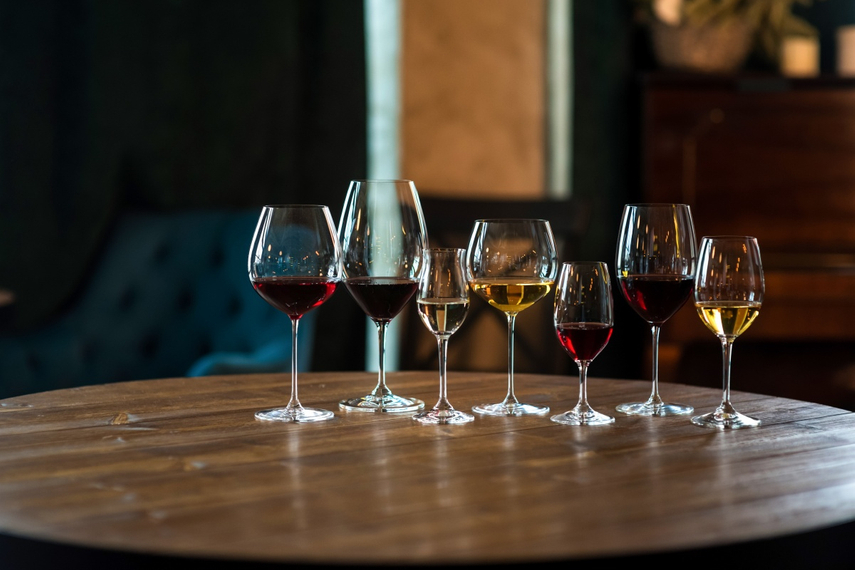
Please sign in or register
Existing users sign in here
Having trouble signing in?
Contact Customer Support at
[email protected]
or call+91 22 69489600
The story of the man who convinced the world different types of wine deserved different glasses.

Contact Customer Support at
[email protected]
or call+91 22 69489600
Top news, insights and analysis every weekday
Sign up for Campaign Bulletins
The brand’s festive film revives MTV Roadies-style drama, complete with sibling squabbles, nostalgia, and a clever twist on how you say ‘Xiaomi’.
Japanese agency group is 'too big' to buy outright, Havas said.
Family Stays highlights comprehensive care as the organization aims to double the number of families served by 2030.
Clicks, conversions, and attention are no longer a given for any brand. They must be earned. And the price of entry is credibility.